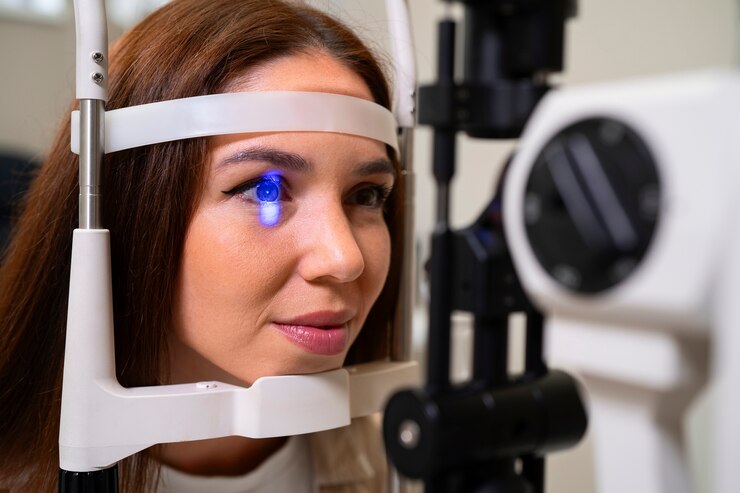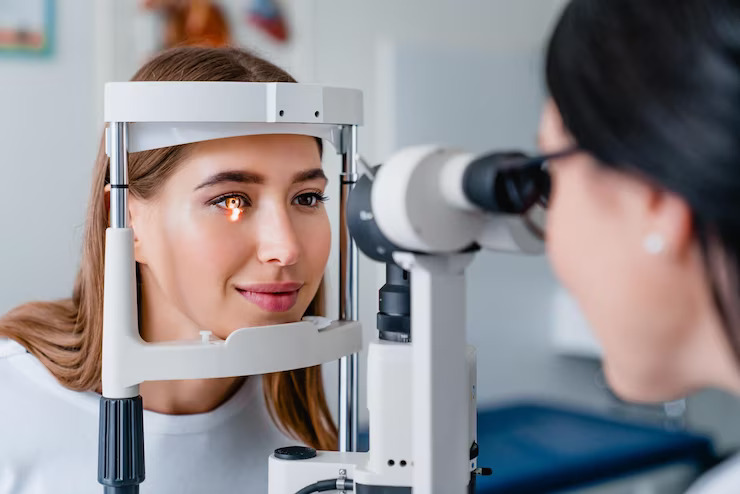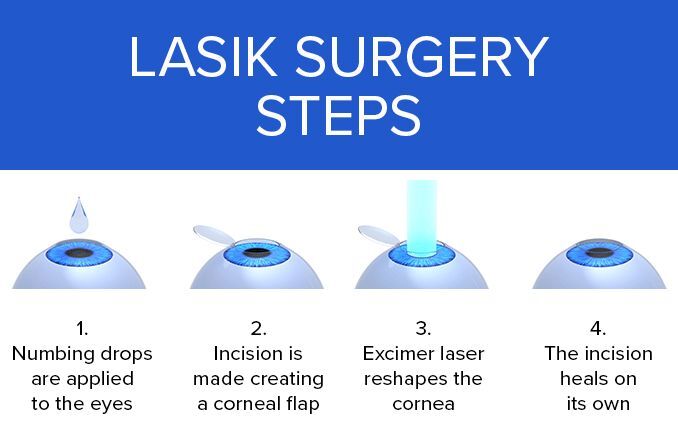Understanding LASIK Eye Surgery: What You Need To Know
LASIK (Laser-Assisted In Situ Keratomileusis) eye surgery has revolutionized the field of vision correction, offering millions of people worldwide a safe and effective solution to reduce or eliminate the need for glasses or contact lenses. Understanding the intricacies of LASIK surgery is crucial for individuals considering this procedure to make an informed decision about their eye health. In this comprehensive guide, we will explore the key aspects of LASIK surgery, including its benefits, candidacy criteria, the procedure itself, potential risks, and post-operative care.
What is LASIK Eye Surgery?
LASIK eye surgery is a refractive surgical procedure designed to correct common vision problems such as nearsightedness (myopia), farsightedness (hyperopia), and astigmatism. The goal of LASIK surgery is to reshape the cornea, the transparent front part of the eye, to improve the way light rays are focused onto the retina, thus enhancing vision clarity without the need for corrective lenses.
How Does LASIK Work?
During LASIK surgery, an excimer laser is used to precisely reshape the curvature of the cornea. Before the procedure begins, the eye is numbed with eye drops to ensure comfort. A thin flap is then created on the surface of the cornea using a microkeratome or femtosecond laser. This flap is gently lifted, allowing the underlying corneal tissue to be reshaped using the excimer laser based on the patient’s specific prescription. Once the cornea is reshaped to the desired curvature, the flap is carefully repositioned, where it adheres naturally without the need for sutures.
Who is a Candidate for LASIK?
While LASIK surgery can provide excellent results for many individuals, not everyone is a suitable candidate. Ideal candidates for LASIK:
- Must be at least 18 years old (ideally older than 21 when the eyes have stabilized)
- possess a steady prescription for vision for a minimum of a year.
- Have healthy corneas with sufficient thickness
- Do not have certain eye conditions such as glaucoma, cataracts, or severe dry eye syndrome
- Are not pregnant or nursing
A comprehensive eye examination by an experienced ophthalmologist or LASIK surgeon is necessary to determine candidacy for the procedure.
Benefits of LASIK Eye Surgery:
LASIK offers numerous benefits to individuals seeking freedom from glasses or contact lenses:
- Improved Vision: LASIK can significantly improve visual acuity, allowing patients to see more clearly without the need for corrective lenses.
- Quick Recovery: Most patients experience improved vision within a day or two following LASIK surgery, with minimal discomfort and downtime.
- Long-lasting Results: The effects of LASIK are typically permanent, providing lasting vision correction for many years after the procedure.
- Enhanced Quality of Life: Freedom from glasses or contact lenses can lead to greater convenience, confidence, and independence in daily activities.
- Safety: LASIK is a safe and FDA-approved procedure when performed by a skilled and experienced surgeon, with a low risk of complications.
Potential Risks and Complications:
While LASIK is considered a safe and effective procedure, like any surgical intervention, it carries some risks and potential complications. These may include:
- Dry Eyes: Temporary or persistent dry eye symptoms may occur following LASIK surgery, though they can usually be managed with lubricating eye drops.
- Visual Disturbances: Some patients may experience glare, halos, or difficulty with night vision, particularly during the initial healing period. These issues typically improve over time.
- Undercorrection or Overcorrection: In some cases, the desired level of vision correction may not be achieved, requiring additional enhancements or adjustments.
- Flap Complications: Rarely, complications related to the creation or healing of the corneal flap may occur, such as flap dislocation or epithelial ingrowth. These issues may require further intervention by the surgeon.
It’s essential for individuals considering LASIK surgery to discuss the potential risks and benefits with their eye care provider and to have realistic expectations about the outcomes of the procedure.
Conclusion
LASIK eye surgery offers a safe, effective, and permanent solution for vision correction, providing many individuals with newfound freedom from glasses or contact lenses. By understanding the principles of LASIK surgery, including its benefits, candidacy criteria, the procedure itself, potential risks, and post-operative care, patients can make informed decisions about their eye health and achieve optimal visual outcomes. With careful evaluation, preparation, and guidance from experienced eye care professionals, LASIK can be a life-changing investment in improved vision and quality of life.








